On Being Pescatarian
I decided to become pescatarian in May 2006. I had always wanted to, but never had anything pushing me.
And then one day I read an article by Anthony Robbins on how bad farming is for the environment and my decision was made.
I’ve never looked back.
My decision was not just based upon environmental ones; it was also based on health, as I knew how bad meat and dairy products are for the body.
I chose not to give up seafood. One, because I love it, and two, because it is good for your health. I do my best to eat only wild seafood. It might seem like a contradiction, but seafood does not use 70% of the Earth’s grain and water in order to produce it.
Many people automatically assume that my choice to become vegetarian (really pescatarian) is that I don’t believe in cruelty to animals.
And I don’t.
But, that is not my reasoning. I believe in the cycle of life. I don’t get upset when a lion eats a deer, nor do I think it’s cruel. I think it is just life.
Humans were born with fangs, so I believe it is in our genetic make-up to eat meat.
I just don’t believe that farmed animals are good for our body or the planet.
I would eat wild animals; they are much healthier. I do eat kangaroo, as they don’t damage the environment and it is one of the best sources of lean meat and iron you can ever eat.
I love the philosophy of all indigenous tribes. Just before eating any of the meat they hunted they would say a prayer of thanks. Thanks to the animal for giving them the sustenance they need to continue living.
Another think I have discovered about being vegetarian is that many people think all you can eat now is salad. This really makes me laugh.
Becoming vegetarian opened my eyes up to the world of food. It forced me to try new dishes and boy did flavour start to appear!
There are so many creative dishes you can make with a wide variety of vegetables and soy based products.
I could never go back to eating meat, just on this fact alone. Vegetarians eat way more than salad.
I must say that Australian dining choices are really uninspiring when it comes to vegetarian food. I get sick of eating friend fish and chips, and vegie burgers. There are way many more things you can do.
Oh, and just because I am vegetarian does not mean that I will ever try to push my lifestyle on to you. I respect the choices you make for yourself.
In fact, I often have meat dishes available whenever we have parties or barbecues. Many of my friends cater to our pescatarian tastes when they invite us to their places to eat, so I think it is only considerate of me to do the same.
Sometimes though, my vegetarian dishes go down a treat. And it was my friend, Mary, who always provided vegetarian dishes at her parties that made me fall in love with the taste and variety of vegetarian food.
Have you ever considered becoming a vegetarian before? If you are alreadty, what are your reasons for doing so?
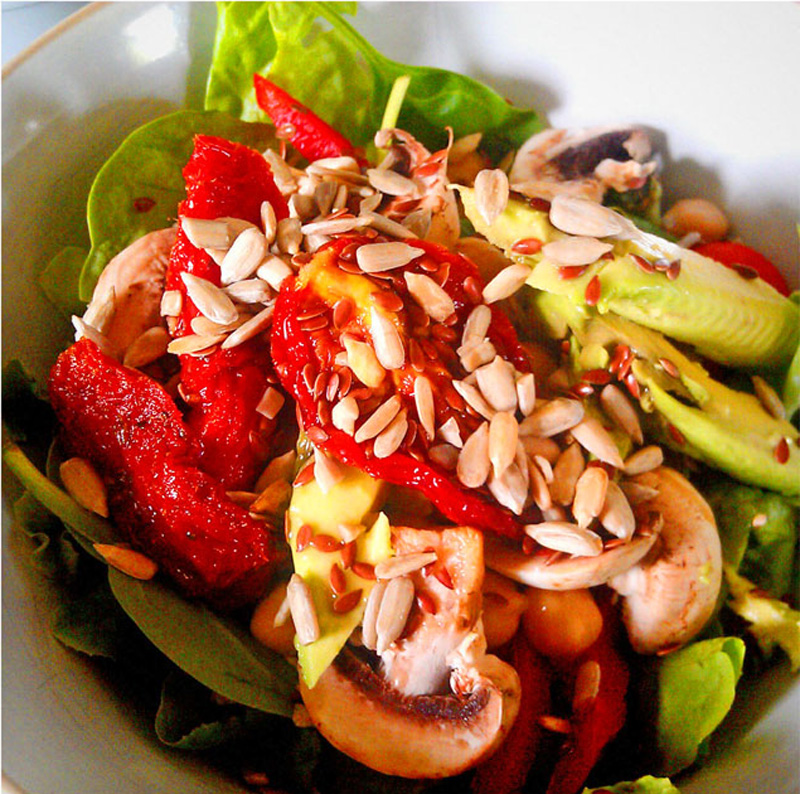

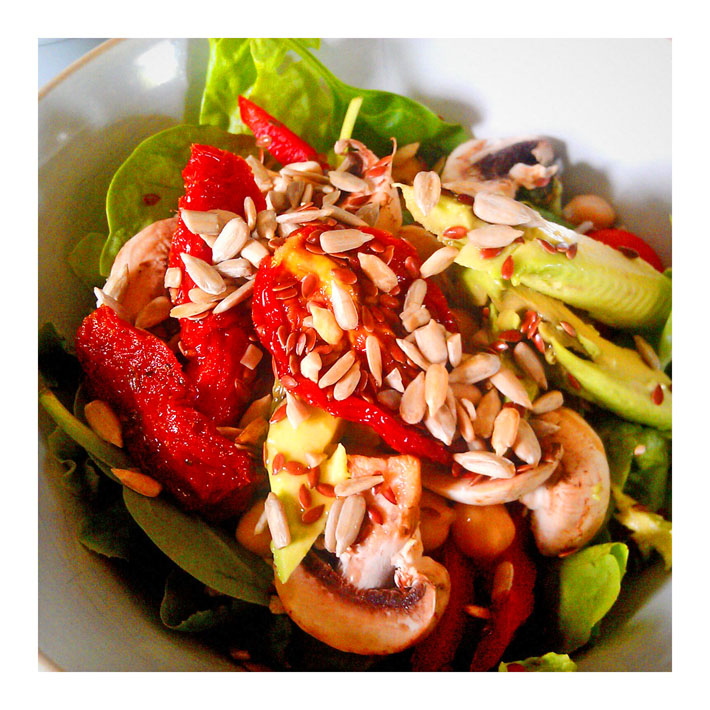

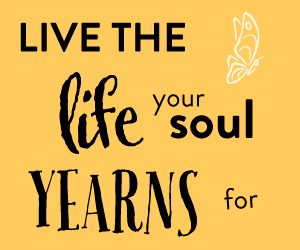




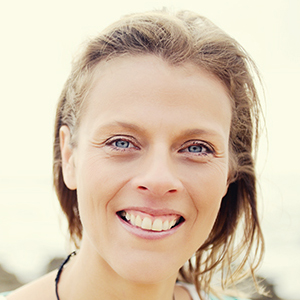
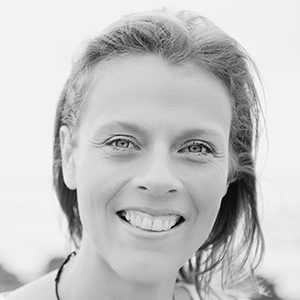






Comments
Becci
I’ve also considered becoming pescatarian as I love seafood and could never give it up. Chicken is eaten so much in our house I think I would find it difficult to give that up. We were eating kangaroo for a while and liking it alot until I heard about the methods for slaughtering them were cruel. I need to look into that more before I buy roo again. However, I will encourage my family to eat more fish – it’s becoming alot cheaper than red meat!
Caz
Didn’t know that about kangaroos. Thanks for letting me know, I am going to look more into it. The fish that we have been getting has been really cheap! Bonus
Lauren
These pictures are gorgeous — I’m reading this so close to lunch too! I am similar to you in that I eat little meat, but I do eat poultry in addition to fish. I gave up red meat in 2004. I feel a lot healthier for it.
Caz
I don’t miss it at all. I thought I might miss ham but not one bit of longing for it in 6 years
Slim Healthy Mama
I think it’s more modern agricultural farming that is destroying the earth more than animal farming.
You might be interested to read the transcript of a podcast done with Lierre Keith, author of the “Vegetarian Myth” who was herself a vegetarian for 20 years – http://maximusmark.com/2012/01/veganism-vegetarianism-industrial-agriculture-its-problems/ (or if you prefer to listen – http://maximusmark.com/2011/03/the-vegetarian-myth-epic-show/).
The best protein for health comes from meat (healthy, grass fed animals) – not soy or combinations of anti-nutrient containing grains and legumes (which damage the gut).
Caz
Thanks for the share! My biggest concern with animal farming is that it uses 70% of the earth’s water and grain and too much land. This has huge implications for our environment. We could eradicate world hunger if we planted more instead of farmed.
There are so many things out there saying this is no good etc. I just like to stick to what I think is common sense for me. Low in animal fats as it is proven this causes all sorts of health issues and eat more plant food. It comes from the earth so it is good for you. Atkins advocated the high protein diets and he died of a heart attack.
But each to their own.
Slim Healthy Mama
I understand that with two children and two blogs to run you are busy, but it would be great for you listen to the podcast or read the transcript – you’ll have a very different understanding of what is ruining the resources of the planet – it’s the removal of deep rooted native plants in preference for shallow rooted crops which degrades the soil of the planet.
Soil degradation is a serious problem in Australia (an article that explains the seriousness of this – http://www.telegraph.co.uk/earth/agriculture/farming/6828878/Britain-facing-food-crisis-as-worlds-soil-vanishes-in-60-years.html) and eventually results in desert wastelands because there are only so many synthetic chemical fertilisers that can be pumped into the soil to create large but “empty” (in nutrition) crops.
A cursory glance at sites like chriskresser.com, robbwolf.com, proteinpower.com/drmike and wheatbellyblog.com and Emily Deans who writes on psychologytoday.com/blog/evolutionary-psychiatry to name a few will have you questioning the mainstream nutritional advice provided by most dietitians and what many people consider to be “common sense”.